To many high schoolers, life may feel as though it is teetering on the cusp of a turning point that brings a flood of self-doubt in their abilities to meet others’ – and their own – expectations. On January 26th, a panel of seven CCHS alumni – Jessye Kass (’09), Chris Gouchoe (’09), Courtney Joachim (’10), Andrew Della Volpe (’13), Isabel Roberts (’14), Charlie Peachey (’18), and Charlie Robichaud (’21) – returned to restore some amount of hope, faith, and optimism in CCHS students. The grads spent a Flex block speaking to the CCHS junior class and other curious onlookers about finding joy in their post-high school journeys despite unexpected challenges and unknowns.
The event was organized by Dr. Alison Nowicki, the Guidance & Counseling Department Chair, along with CCHS co-principals Katie Stahl and Brian Miller, as well as other guidance and faculty members. Nowicki describes that the event stemmed from “an initiative with Challenge Success,” an organization with the goal of “[helping] high schoolers tone down the stress.” Nowicki says that the panel emerged as “a way to work on this notion… that a lot of students have” that post-high school, “they have to go to college, they have to get a job, and then they’ll be happy.” She explains, “We’re trying to go after that narrative, and it’s not always that simple.”

Stahl adds that “not every path is a straight line… so we wanted to make sure that we were highlighting” various other paths to success, especially from those who spent the formative years of adolescence in this same community. Miller emphasizes that all of the alumni, despite their varying experiences at and after CCHS, have found contentment in their lives, aligning with the message that although “we want kids to do well academically, we really want them to be happy [as well].” He adds that the panel was a creative and impactful format to “[plant] the idea in [students’] heads… that you can hit bumps in the road and still be happy and do well.”
This is the first year CCHS has undertaken such a project, but Nowicki and the co-principals are enthusiastic about continuing the endeavor into the future. “It was a lot of work to get the panelists there, but… now that we’ve done it once, it feels a lot easier to keep going with it,” Nowicki says. Stahl adds that she hopes to expand the assembly’s audience to both juniors and seniors and diversify future panels by including METCO alumni.

One alum, Chris Gouchoe (’09), shared the winding path that his professional life has taken with the theme of “not being afraid to pivot and take leaps of faith.” His first leap occurred during his senior year when he decided to audition for the fall play – despite being an athlete for the majority of high school – and caught the “creative bug.” Looking back, he says, “I would have regretted it if I never… [listened] to the thing that was telling me to go for it.” After going to Boston College and getting cast in a small speaking role in the movie The Social Network, Gouchoe later realized that “it wasn’t entirely what [he] wanted” and pivoted into tech and gaming, becoming the first employee at a successful startup that literally originated in a garage. When he “found [himself] at another impasse,” however, he took his third leap back to the East Coast, where he is now pitching his first novel, writing a second, and starting an audio-related company with a fellow Concordian. “I’ve figured out how to compartmentalize my creative… and my business pursuits,” he says. Still, he admits, “In some ways, I feel like I’m back at the beginning.” But he concludes that his experiences – many of which were “things [he’d] never thought [he] would do before” – have shown him that “each part of your journey will stay with you,” whether in the form of “the competitiveness and the discipline-focused mentality of an athlete [applied] to being an actor or a writer,” or the experience of rejection from auditions that has built his resilience in entrepreneurial endeavors. He concludes, “That’s why you have to be in love with the process.”

“I’m a really big planner,” says another alum, Isabel Roberts (’14), “and one thing that I’ve learned is that you can’t plan everything.” From struggling with mental health, to suffering two severe concussions, to losing a close friend and family member, Roberts suffered repeated setbacks throughout high school and college. Although she eventually graduated from college, she summarizes that during that period, each time she would “grow, improve, build community, and get better… something really out of [her] control would happen.” Post-college, grappling with the passing of her mother and then left unemployed by COVID, she moved to Providence and found work in marketing at the Rhode Island School of Design and later at Brown, where she currently works.
She describes that although imperfect, “the place that I’m living in now is pretty much the same as the rest of my peers… after a lot of years of thinking that that wasn’t a possibility.” Roberts hopes that she serves as “an example of someone that was dealt a difficult hand” yet was still able to “get to the other side.” She expresses that CCHS’s Lighthouse program, which helps students going through difficult times, gave her a valuable support system that taught Roberts “how to advocate for [herself], how to manage [her] projects, and [how to] communicate” despite being “in a fearful place”—skills that have continued proving relevant in her life. “[Embrace] the unexpected,” she advises, and if “what you had planned for yourself… changes, it might be because something much better was in store that you weren’t aware of.”

For one alum, Charlie Robichaud (’21), his path diverged entirely from the common route of continuing a formal education after high school. He describes that throughout high school, he knew that he was not interested in college, but after being diagnosed with depression and suffering injuries from playing football, he was unable to join the military and pursue the career in law enforcement that he had envisioned. Now, he and his peers have started High Street Lawn, a locally-renowned and expanding landscaping company. Although Robichaud acknowledges that it was “difficult and disappointing to have to adjust” to something he hadn’t expected to be doing, “in trying something new, [he] found a new passion for both business and… landscaping.” “You just have to be open to [trying] new things and rolling with the punches of life,” he says, “and as long as you work hard and think about yourself and your happiness, you’re gonna be fine.” For Robichaud, “feeling out of place at CC helped [him] realize that [education is] not the only thing… out there.” Still, he says, “I did learn a lot in high school” because “I tried to really get to know the [teachers] behind the tests and the homework… who [were] actually there to try to educate me and better my life. I wanted to learn about [the teacher] more than I did the subject, and I definitely gained a lot of insight and even friendships that I still have.”
The panel certainly succeeded in conveying the intended insights and inspiration to the student body. A number of juniors said they “liked having a variety of professions and perspectives” that “all came from the same place as us” and displayed the routes to being successful and “[ending] up in a career that you enjoy,” even when these paths were “non-traditional” or diverged from “what [the individuals] originally envisioned.” One student stated that she thought “most of the current students were able to relate to at least one of the alumni,” and another continued that it was “definitely encouraging… to see that even if you [aren’t] doing amazing in high school, you still have a great possible future ahead.” One student reflected, “It was a good reminder that no matter what obstacles you face in life, there are always opportunities to learn and do work that you want to [do].”
“In a beautiful way, when you’re in high school, you think it’s the whole world,” Gouchoe expresses, “and then your world just quintuples and explodes after you leave college.” But he concludes, “You can’t expect to get most things right, but you show up. You show up with a creative attitude and eagerness and willingness to give it your all and you have to… believe that you’re going to end up somewhere.” And when today’s youth are so often told that the competitive, demanding environment of high school will only become harsher in adulthood, this dose of optimism may be the true reality check that they need.

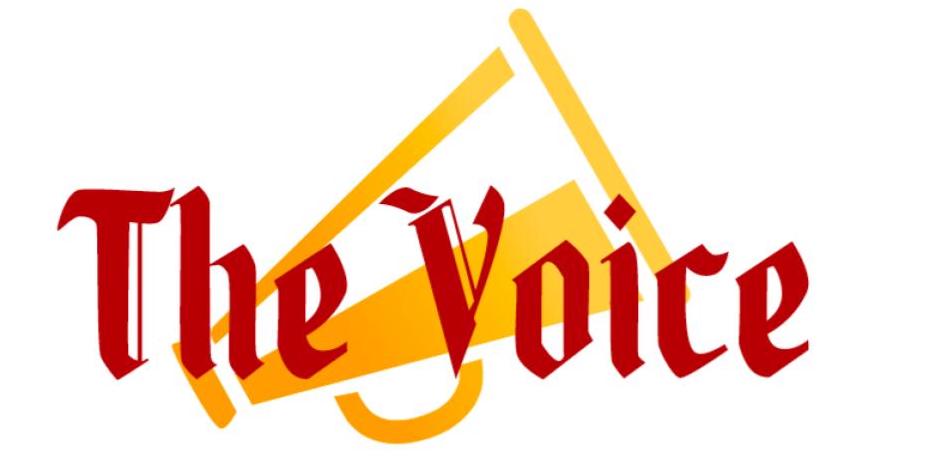


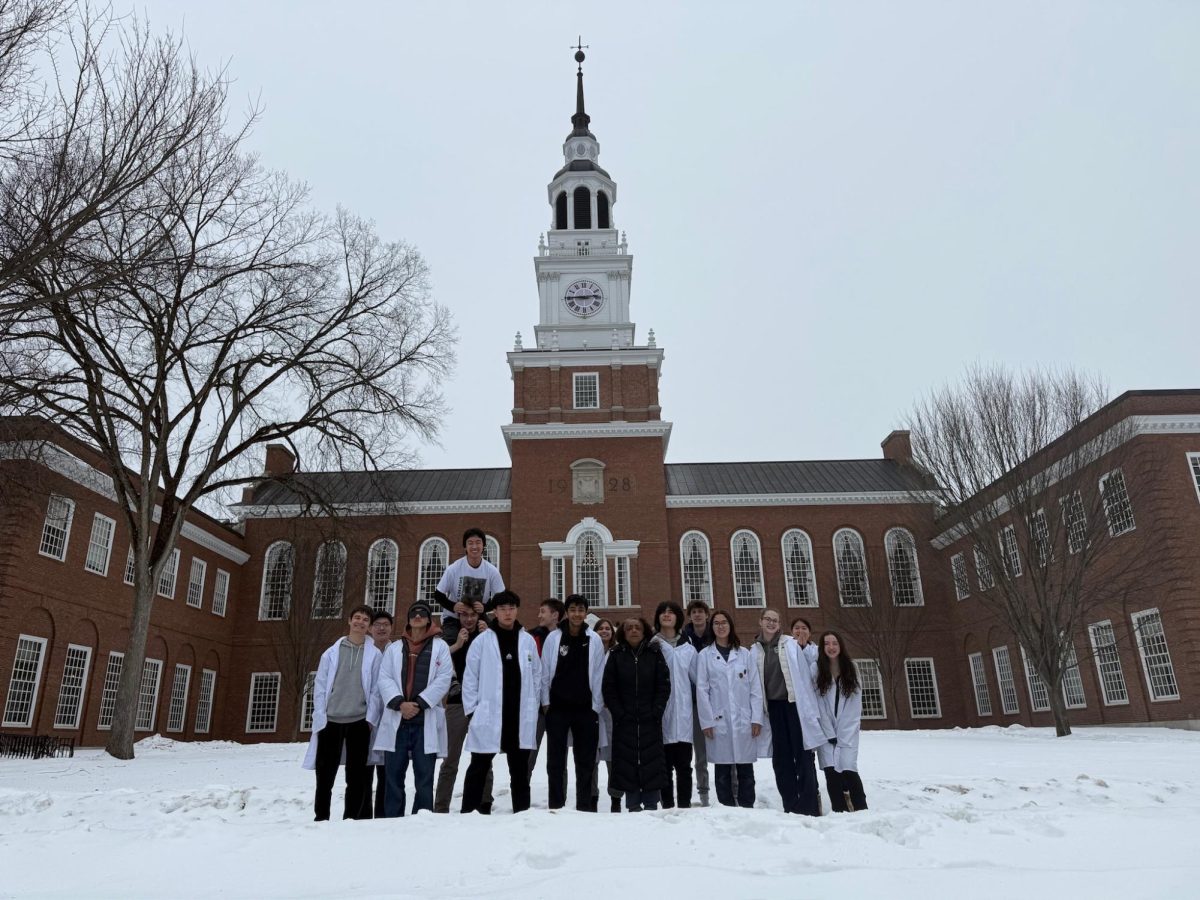




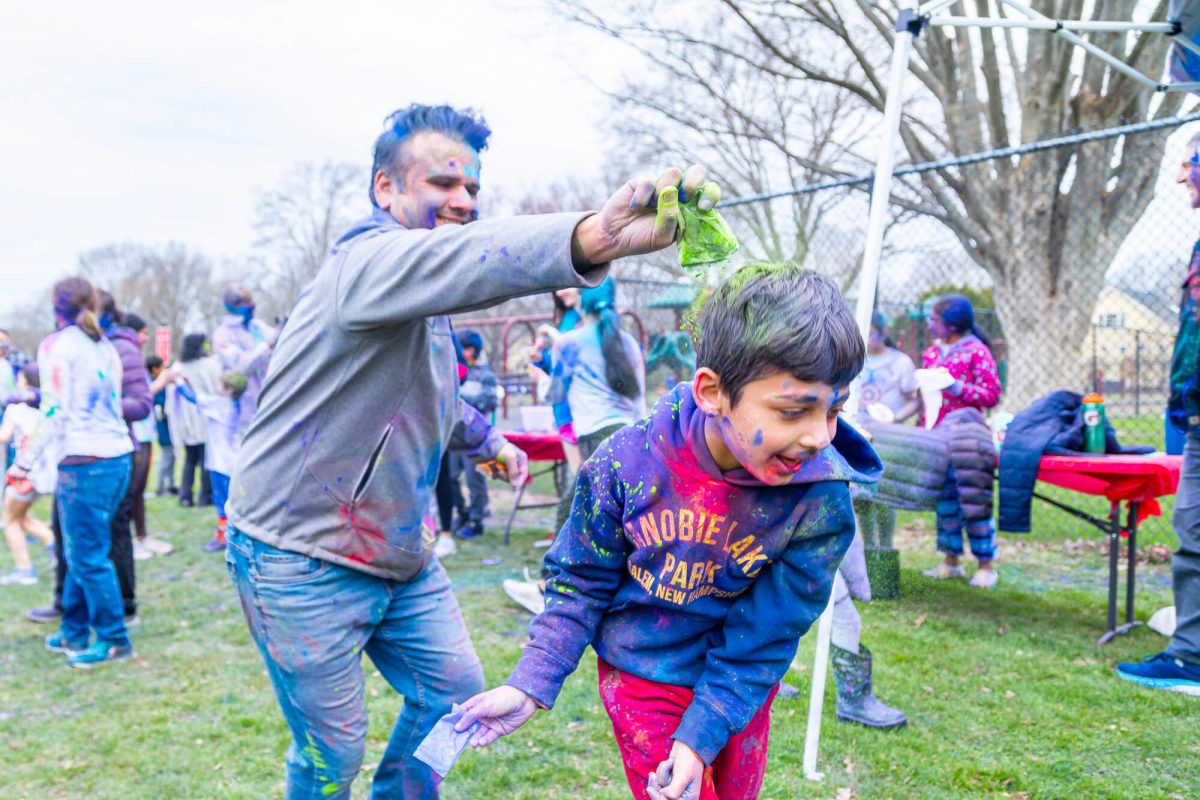
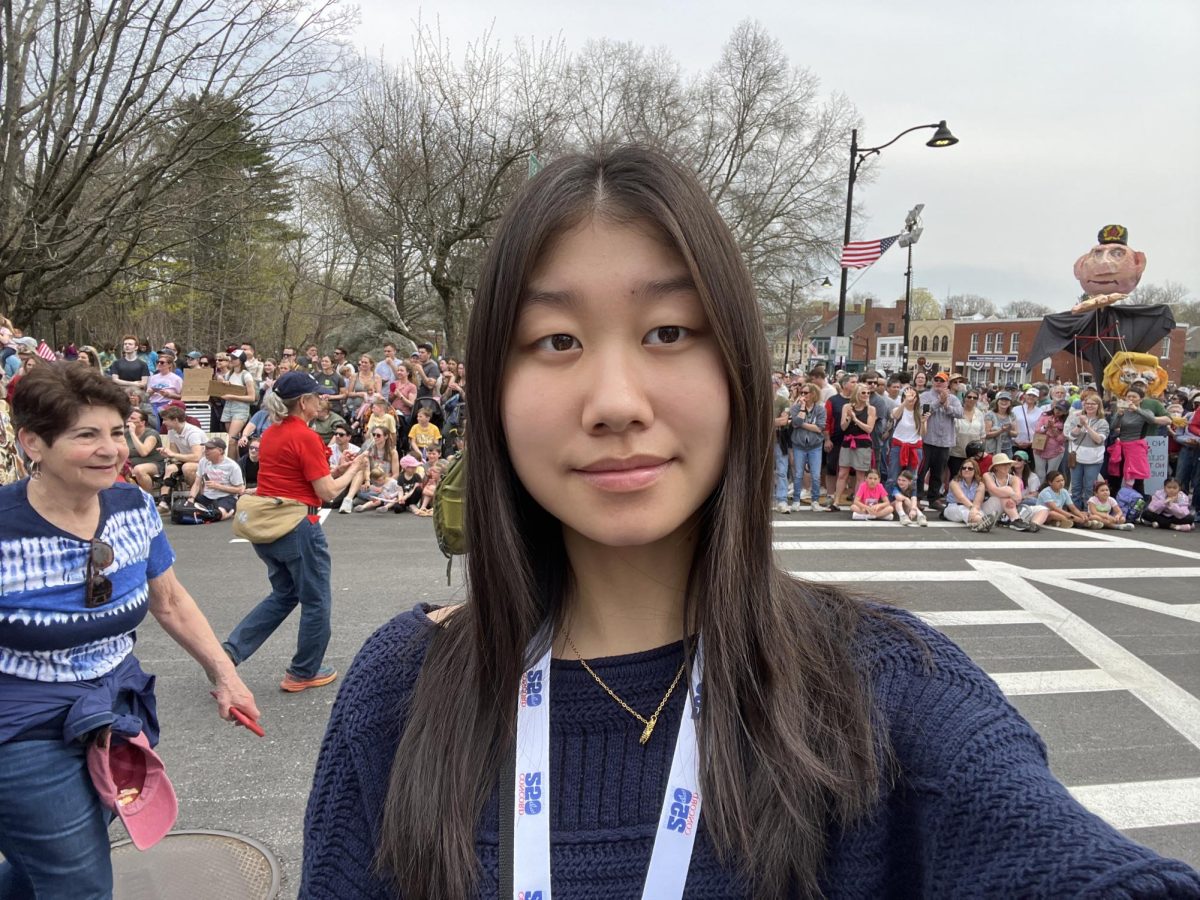
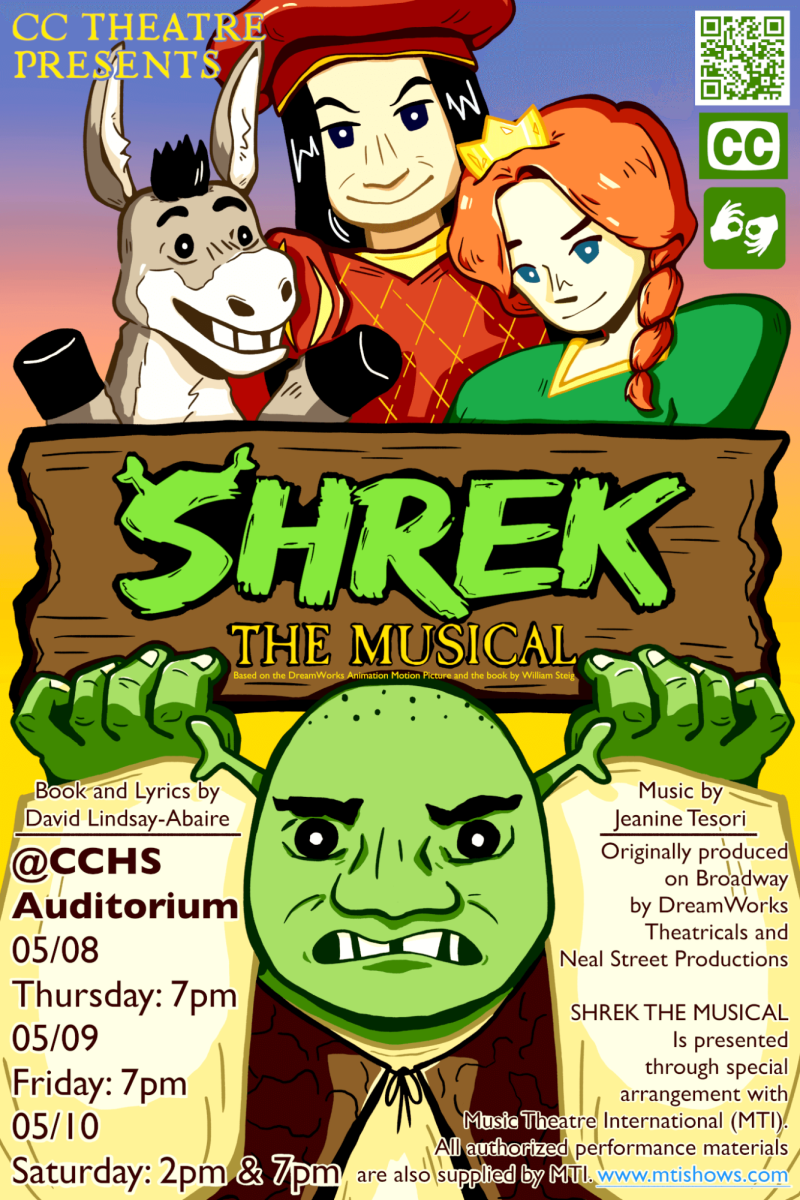


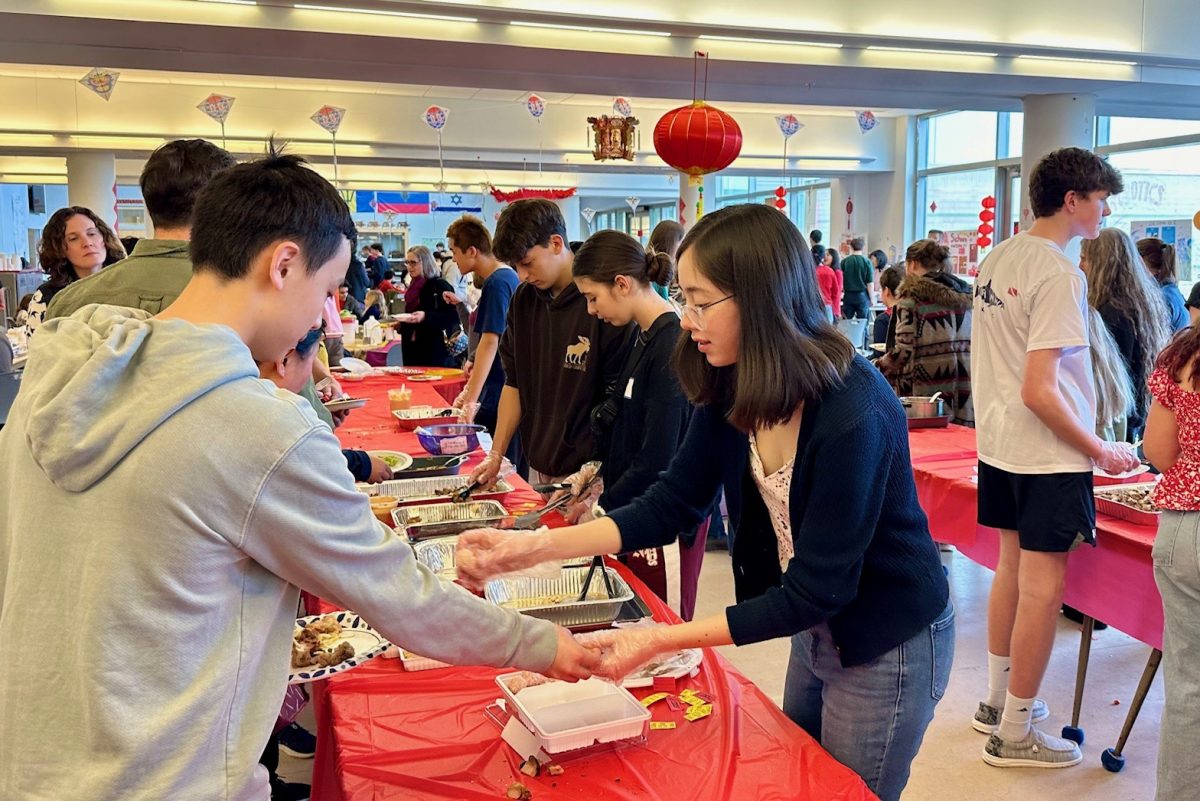


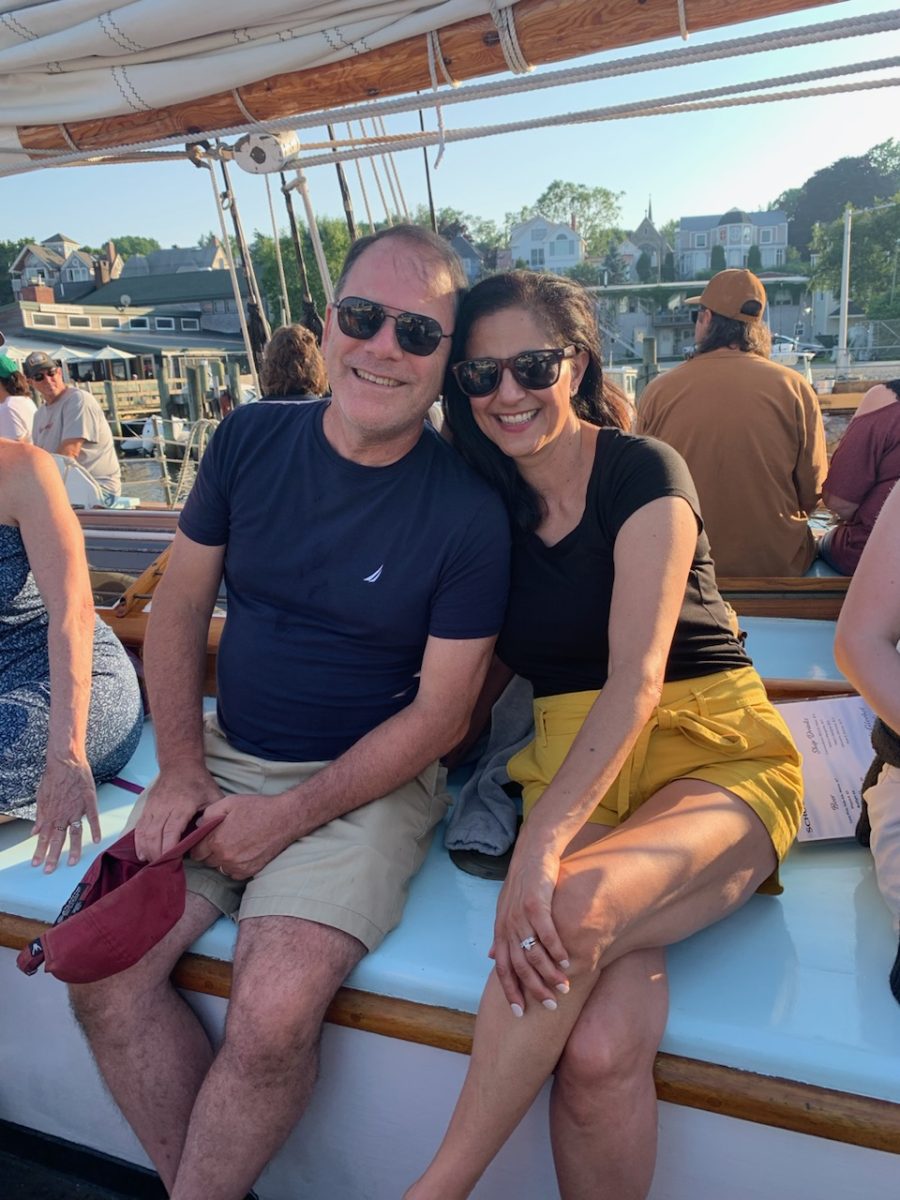

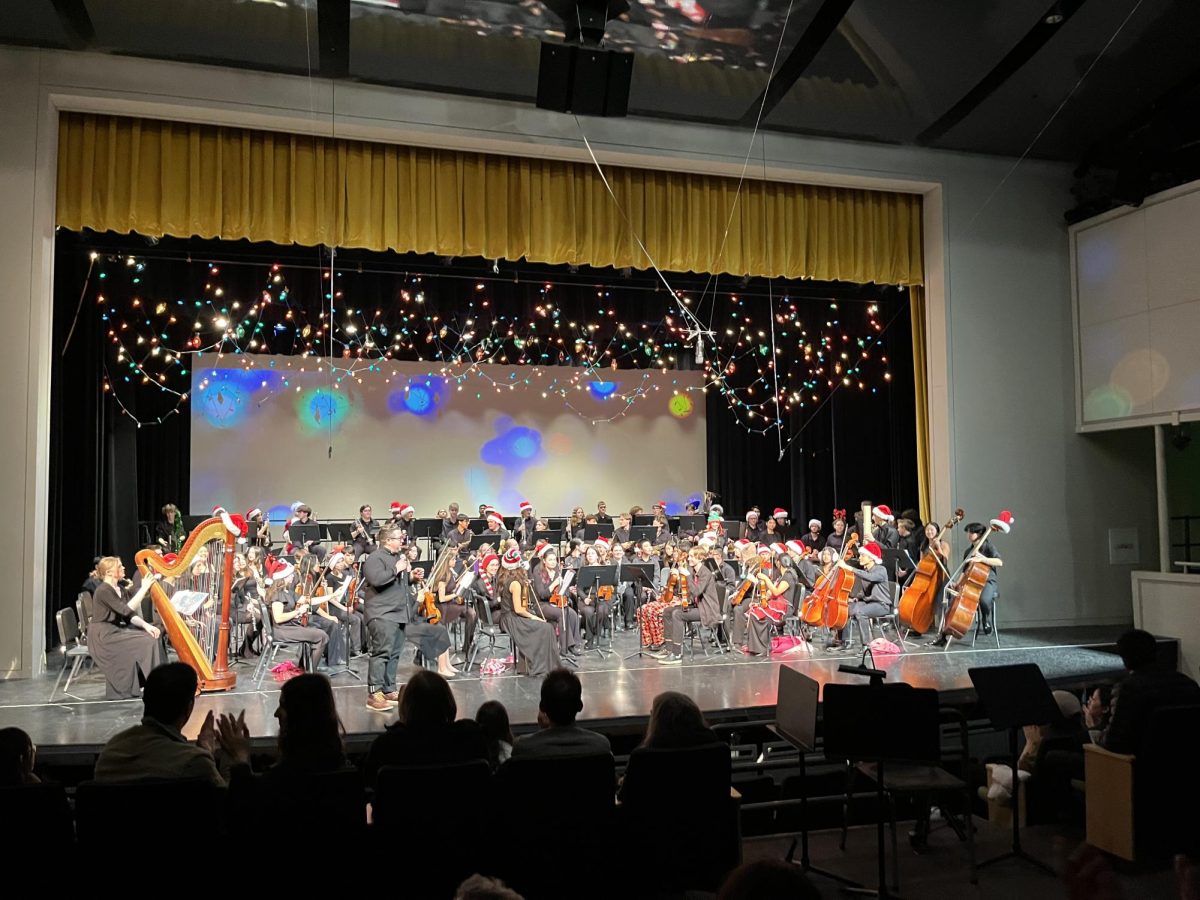
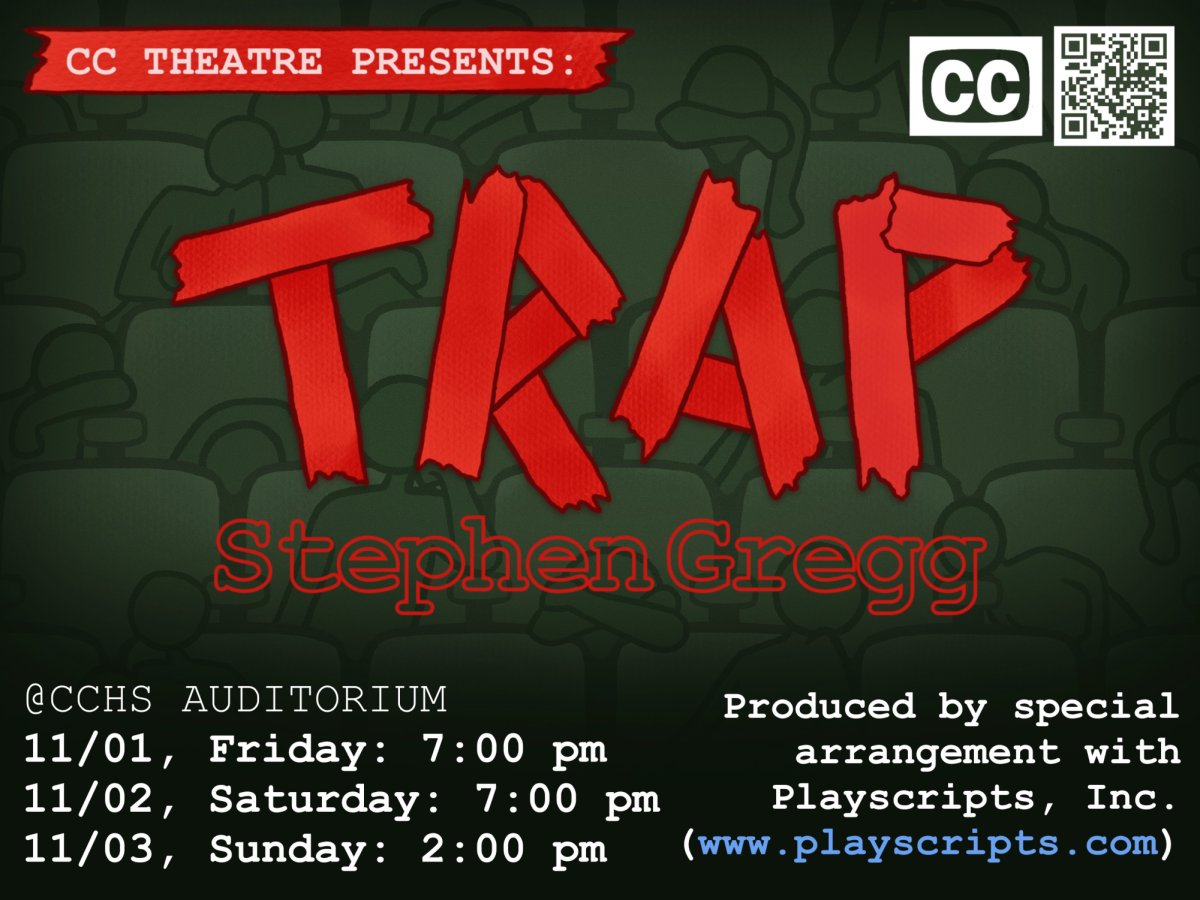




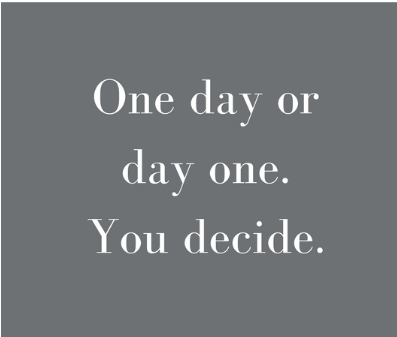








Susan C • Apr 15, 2024 at 2:34 pm
A great article highlighting a great program. My sense is it would benefit parents to be able to hear this kind of panel as well. They might better be able to think outside the straight path for their kids and feel more comfortable supporting them in their pursuits.